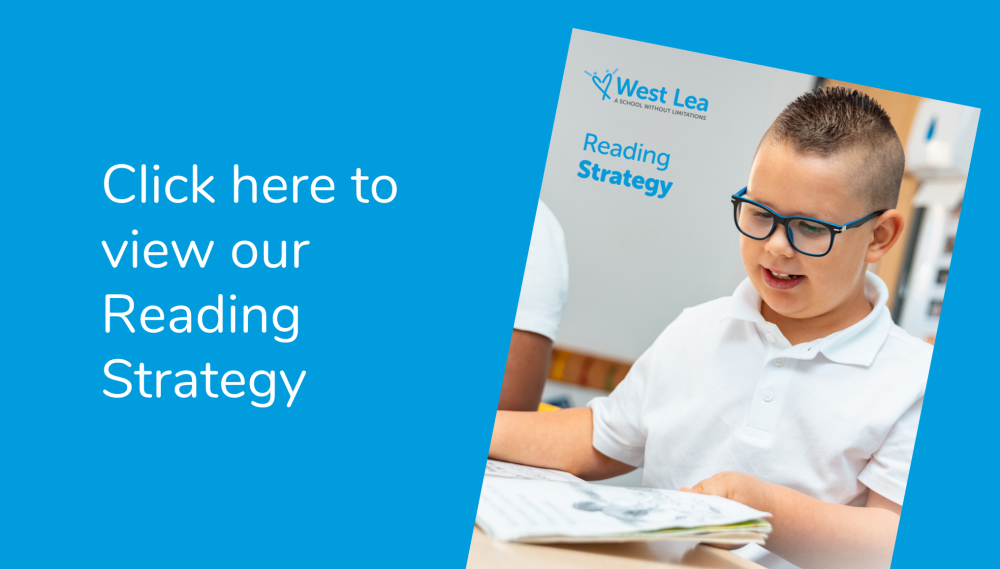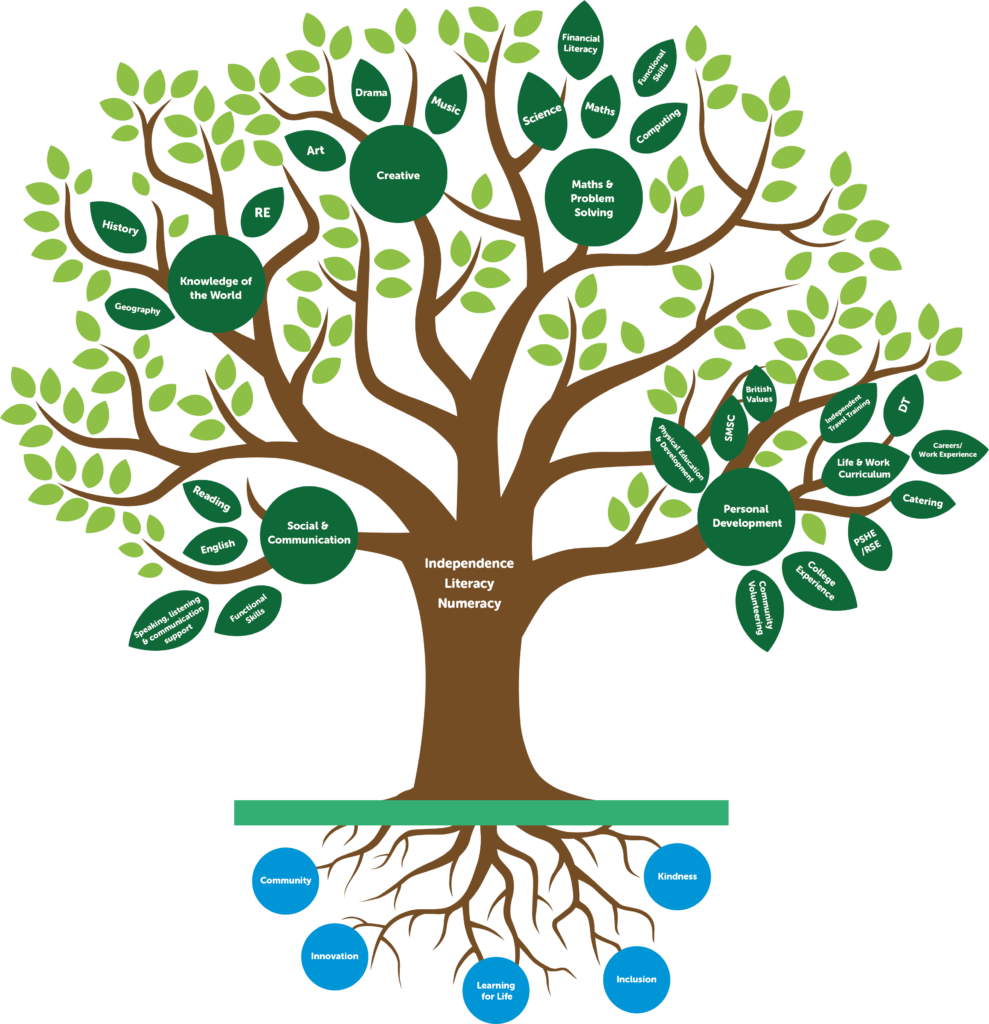Pathways enable targeted support
4 learning pathways
Your child may face many barriers to their learning and development, which requires a personalised approach. We tailor our curriculum and pastoral care to each young person’s needs, as well as their age and stage of learning.
Our learners have moderate or severe learning difficulties, which impact their academic attainment and personal development. Many have a combination of complex needs including autism (ASD), attention deficit hyperactivity disorder (ADHD), dyslexia, HI and VI impairments, Prader Willi, or global delay.
They may demonstrate challenging behaviours, which are common to those with complex needs, including behaviours associated with social, emotional and mental health (SEMH) difficulties, for example, depression, self-harm and eating disorders.
Some learners have medical conditions that require daily supervision and potential intervention. Others have additional physical disabilities and use wheelchairs, standers or other specialist equipment.
Every learner enjoys a broad and aspirational study programme with equal access to resources, therapies, personal development and enrichment opportunities to help them flourish.
Our four pathways enable us to provide a greater degree of targeted support – in response to the needs expressed in your child’s EHCP – and help us to identify and overcome their individual barriers to learning.
From early years to post 16, children move between pathways as appropriate and enjoy our unique blend of academic study, life skills development and preparation for work and adulthood. We use pathways to give your child the help they most need. Pathways aren’t labels; they’re a guide to the learning experience you can expect for your child.






